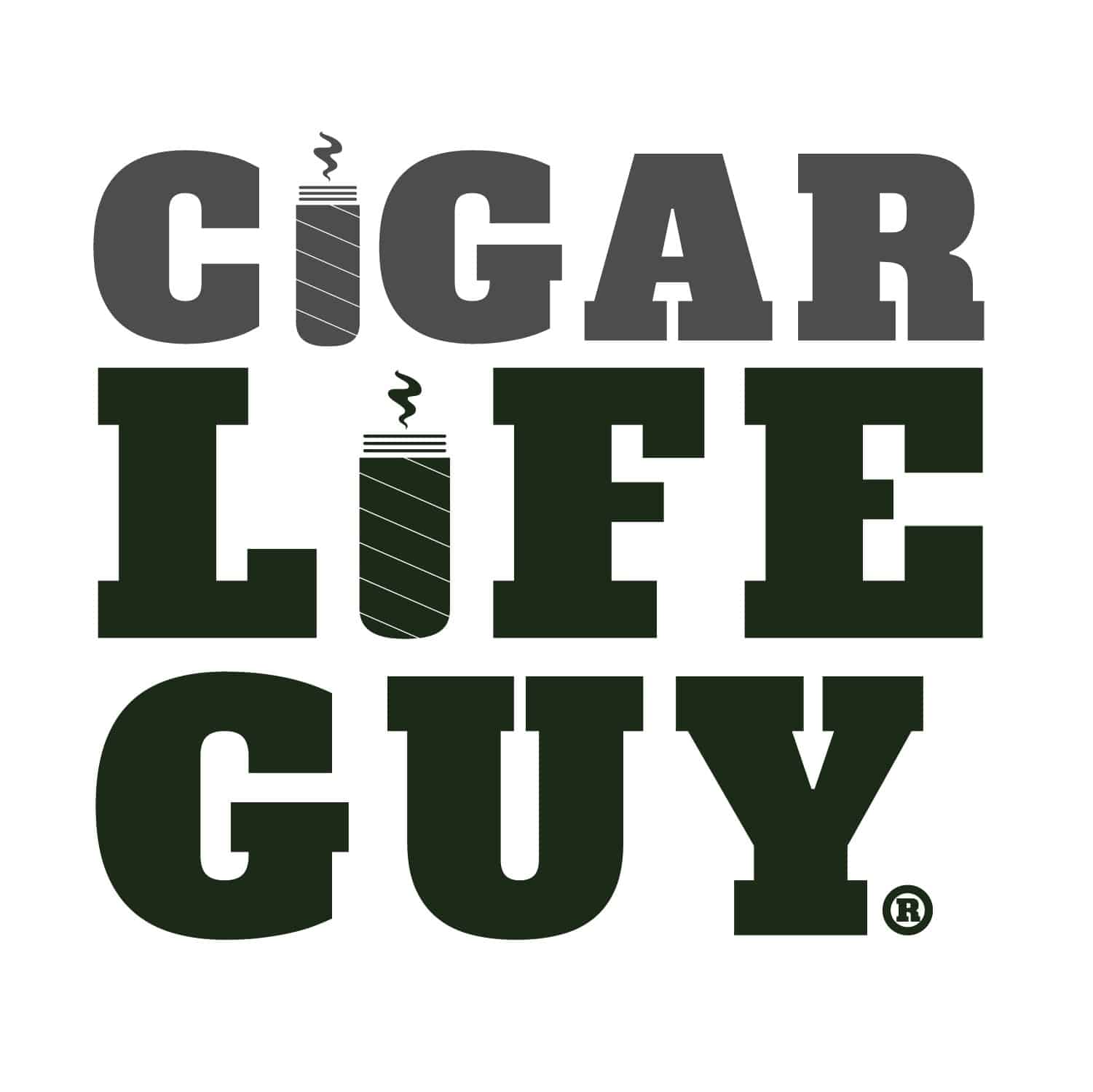Diversity of Cigar Lounges: Here’s What You’ll Find
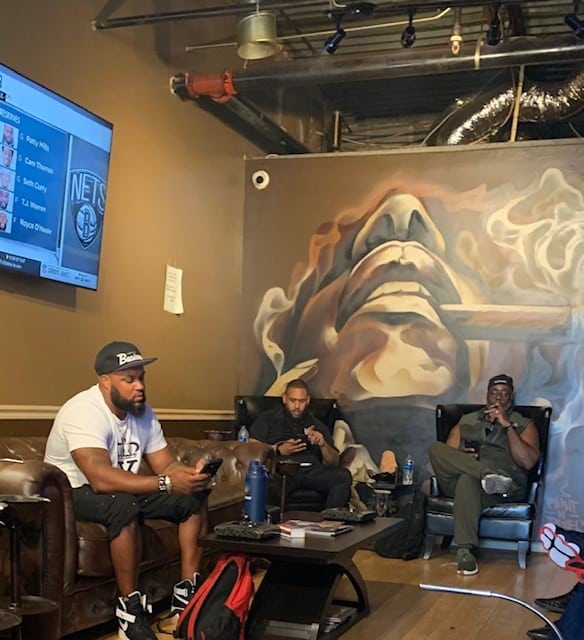
So that cigar you smoked at your best friend’s wedding became a once-a-day experience. You’ve started collecting cigars and purchased an at-home humidor. You’re a regular brother of the leaf. Everyone who enjoys a premium cigar is part of an exclusive club. Most smokers eventually look for a place to share a smoke with friends. […]
Pipe Tobacco vs. Premium Cigars: Which is Best?

When smoking pipe tobacco comes to mind, most people picture Sherlock Holmes, Arthur Conan Doyle’s iconic detective, brooding over clues. Perhaps you think of Hugh Hefner kicking back in his smoking jacket. No matter what comes to mind, the pipe smoker was once synonymous with the perfect gentleman and sophistication. That image has changed over […]
Expensive Cigars: Do You Need to Smoke Them?
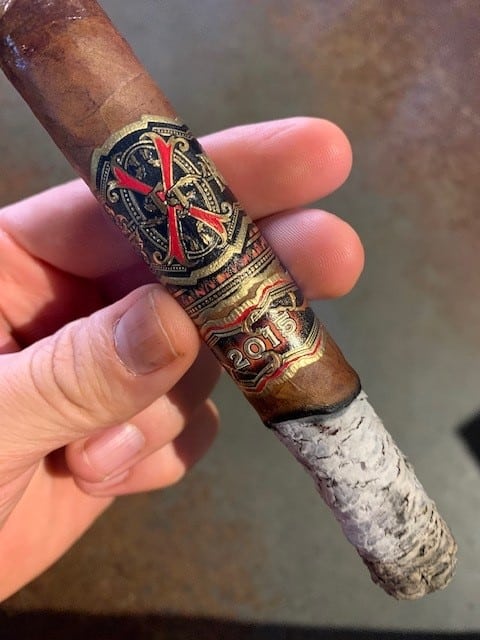
Gurkha’s Royal Courtesan fetches a cool $1.36 million per cigar. Made from Himalayan tobacco, grown with Fiji water, and banded in diamonds, it is the most expensive cigar in the world. With a price tag like that, you might think that a Yeti (the legendary abominable snowman) rolled your smoke. If that’s too rich for […]
Cigar Ring Gauges: Everything You Need to Know

If you’re an aficionado, you are probably familiar with how size and shape affect the way cigars taste. When selecting cigars, smokers should consider the type of rolls, the lengths, and the girths or ring gauges. Length, measured simply in inches, is the most apparent cigar characteristic, but the diameter of cigar ring gauges is […]
Cigar Taxes: Here’s What You Need to Know
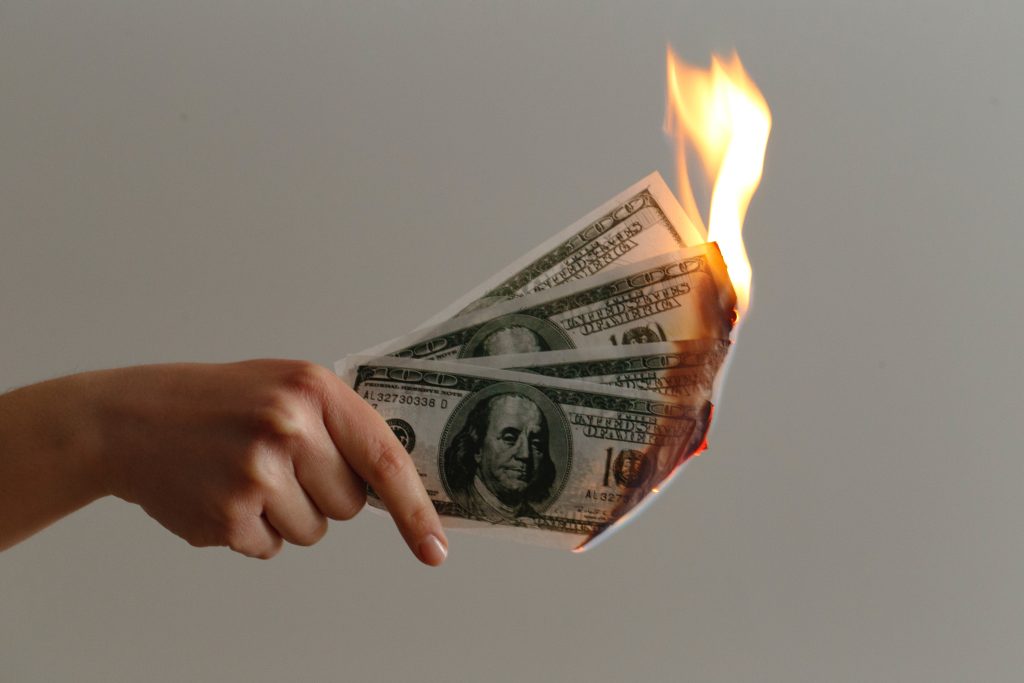
Mark Twain once said, “I have made it a rule never to smoke over one cigar at a time. I have no other restriction as regards smoking.” Most cigar enthusiasts would agree with Twain. The government has a long tradition of smoking restrictions, including taxation. Cigar makers have been at odds with the tax collector […]
Cigar Store vs. Online Cigar Shop: Which is Better?
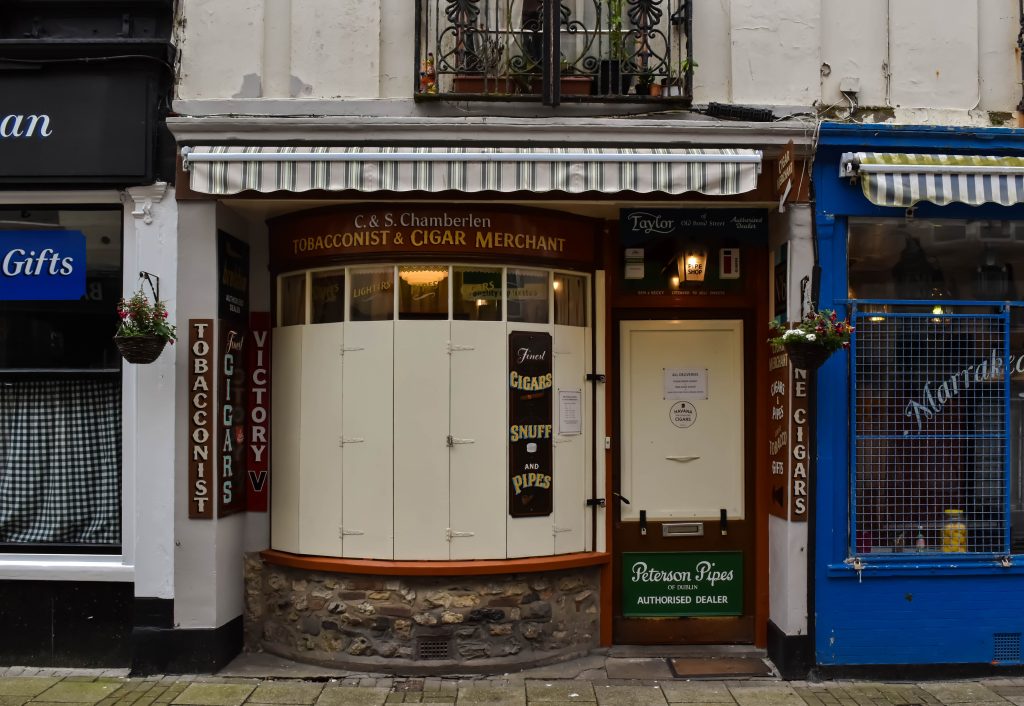
We all know the internet changed the world and how the world does business. The cigar business was no different. Internet sales are a huge part of the industry now, but a true cigar enthusiast still loves the experience of heading to their local cigar store. Each has distinct benefits, but you don’t have to […]
The Skinny on Fat Cigars
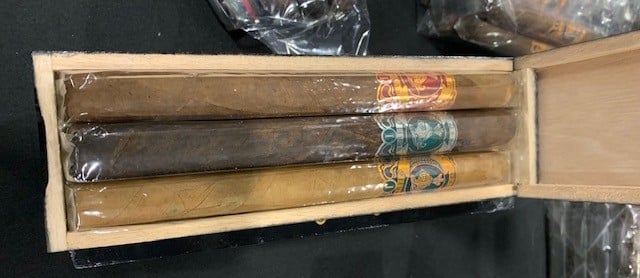
You’ve probably seen the stereotype. A mob boss or a CEO walks into a room with a fat cigar. It’s a symbol of power — a literal token of superiority. This is the stuff of movies. Most experienced smokers know large ring gauges of fat cigars, like Gigantes and Magnums, are relatively new. Cigar makers […]
How To Become A Certified Tobacconist
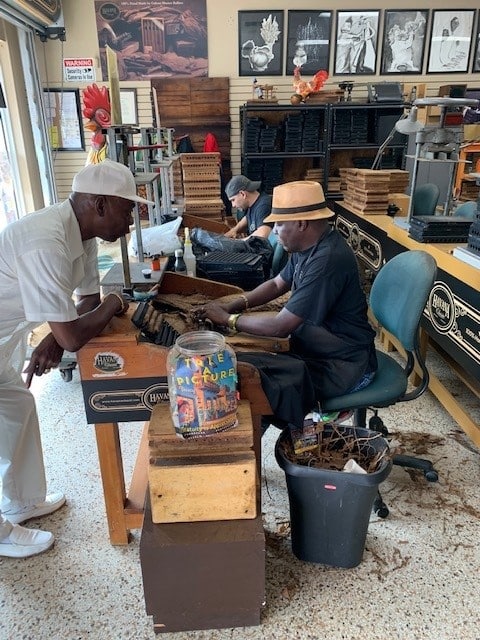
An increase in fine dining gave rise to the wine sommelier — experts who spend years training and tasting. The sommelier’s authoritative knowledge of taste profiles and provenance is well-known around the world. , and wine lovers rely on their expertise to pair vintage wines with meals. However, wine is not the only luxury industry […]
Which Cigar Lighters Work Best?

The cigar aficionado and experienced smoker make lighting a cigar look easy. Think of Paulie Cicero, played by Paul Sorvino, in “Goodfellas” taking his first draw on a cigar. You probably remember the quintessential glowing ring and the perfectly rounded ash. He may not have known much about the restaurant business, but he knew the […]
Figurado Cigars: Here’s What You Need to Know
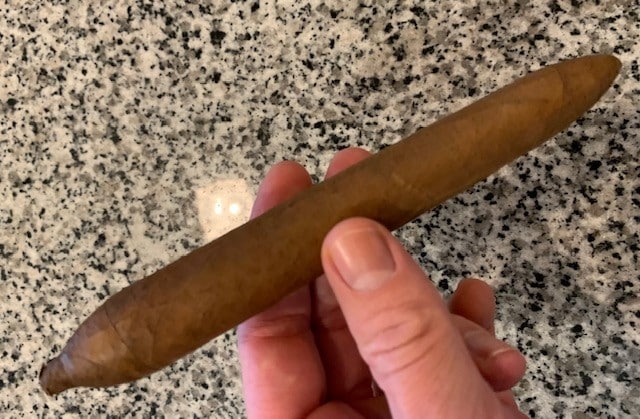
What’s the difference in the physical look of cigars when comparing one with another? The question is more common than you might think. To the novice, all cigars look the same. They are long, cylindrical, and rounded at one end, and flat at the other. This most common and simplest cigar construction is called a […]
